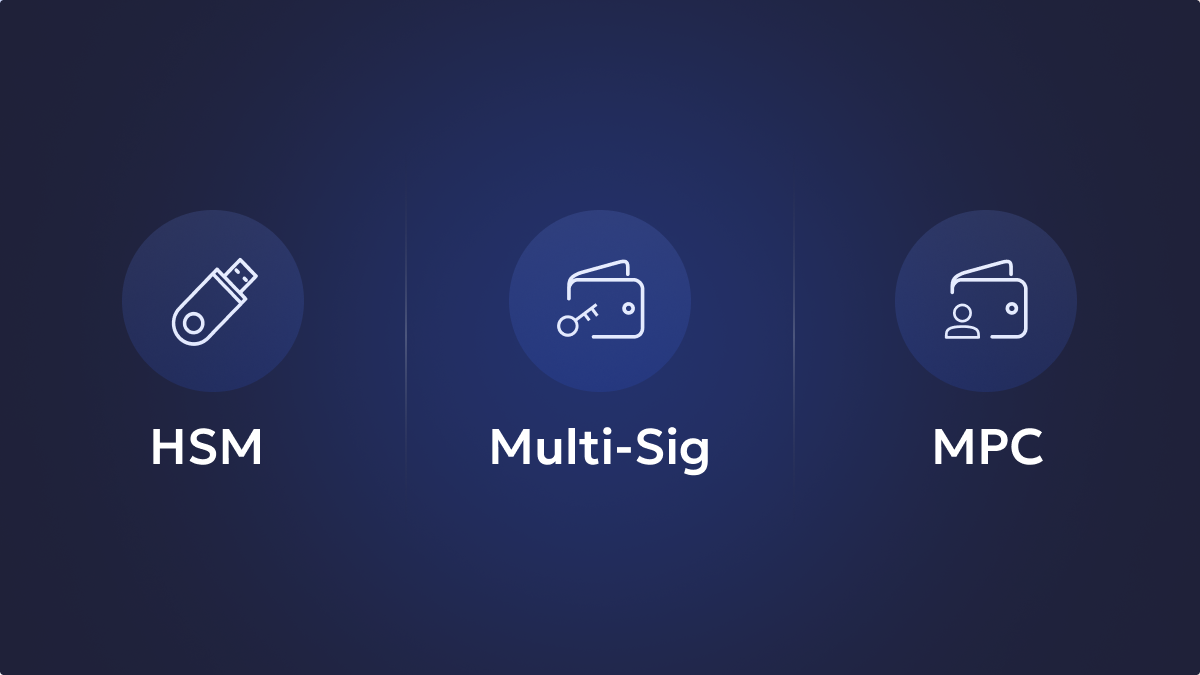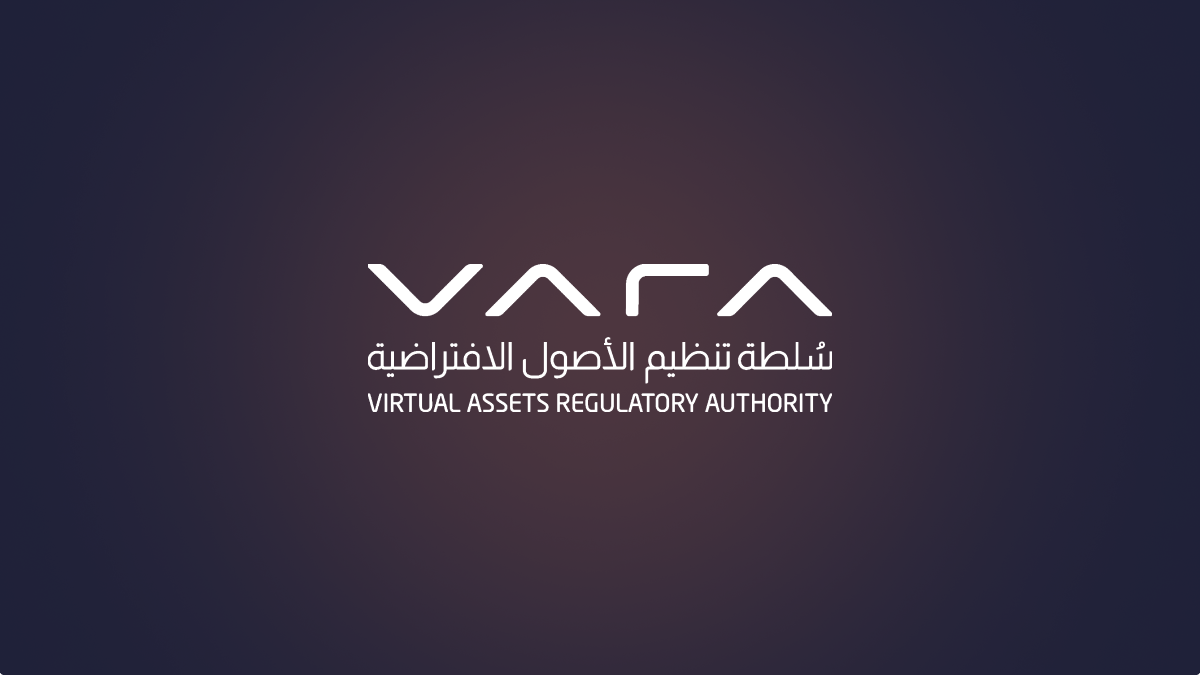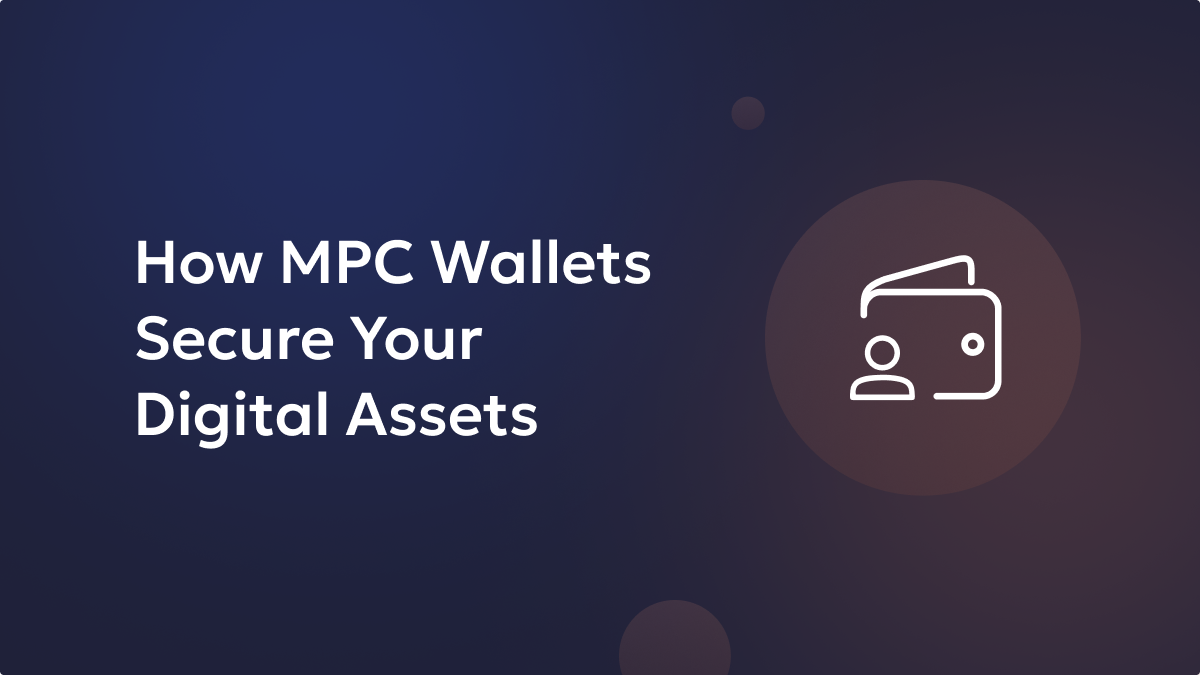In an ever-evolving era, the adoption of digital assets has transformed from simply apeing into cryptocurrencies to now being used as a mode of value transfer.
These digital assets have revolutionized the way both businesses and consumers transact in cross-border settings and have now overgrown their initial phase to turn into a critical payment gateway asset class.
With this phase in running, the reliance on digital assets extends to offer not just secure transfer of assets but streamlined payment processing as well on both enterprise and consumer levels. Now, more than before, there is a clear showcase of how the existence of a lot of intermediaries to execute on-chain transactions has implied security concerns.
Unlock the potential of digital assets for your institution
For this to happen, it needs to originate from an organizational level whereby assets transacted in and out of their wallets, need to be engineered in such a way that they process payments smoothly, securely and immutably.
To solve this issue of secure digital asset payments, Liminal is manufacturing distinctive wallet and security infrastructure solutions for enterprises and organizations that handle large amounts of transactions from internal and user sides simultaneously.
Understanding Problems With Digital Asset Payment Systems
The most common notion related to digital assets has been their feasibility to process transactions just like we do through our traditional banking systems, which is far more reliable than current payment systems with cryptocurrencies.
Secure and manage your digital assets with Liminal
The traditional payments were way too cumbersome to cycle through funds internationally with exorbitant charges. This now replaced with digital assets solves the basic and inherent problems of sending payments to any corner of the world, forming a new payment model.
A majority of this is driven by how convenient digital assets have become in terms of adapting to changing transaction needs and lowering entry barriers and cross-border fees.
But it isn’t all so easy in the world of digital assets and there are some very core problems in processing transactions through digital assets:
- Network Congestion: Network congestion can create problems for payment processing on EVM chains, leading to delays, increased costs, and even lost funds. Under high network congestion, transactions get backlogged leading to delays in processing transactions on-chain.
- Wallet Security: Wallet security is essential for payments because a compromised wallet can lead to theft, unauthorized access, loss of funds, and complexity in usability. From lost keys, inability to recover keys, wallet hack, confiscation of assets and seizure of custody partner can result in compromised wallet security.
- Gas Fees: The initially formed PoW consensus wasn’t an ideal network configuration to process cheaper transactions. Since then, Gas Fees have been an integral part of a majority of transactions failing to execute because of their volatility.
- Address Check: Transferring digital assets is defined by a string of letters and numbers, that serves as a virtual location where a cryptocurrency can be sent. With such an arbitrary sending address there is no way to identify a person associated with an address, an active address, or a fraudulent address, causing problems with payment.
Comprehending the viability and scalability of using digital asset-powered payment systems empowering both tangible and non-tangible asset transfer, the impending aforementioned problems need to be resolved on a bigger scale to impact this fastidious payment method.
How Liminal As A Wallet and Custody Solution Is Pioneering Payments For Enterprises
The way for financial institutions to stay competitive is by adapting quickly with an agile and innovative approach. That means being able to scale new platforms rapidly, launch and iterate on new products quickly, and remain compliant with existing regulations.
Here are some ways that we at Liminal are providing breakthrough services to help institutions stay ahead of the curve not only in managing their assets but solving the problems associated with payments as well:
- Through Liminal’s automation-led wallet solutions, payments can be triggered automatically, without having to process them manually which can induce unexpected errors.
- Liminal provides tailor-made solutions that work around particular institutional needs to help them when processing transactions in high volume, streamlining their payment operations with pre-coded and algorithmic encoded policy engines.
- Integration into existing solutions is a crucial aspect to upgrade an organization’s payments system, which can be done seamlessly with Liminal’s API and SDK infrastructure, enabling dynamic testing environments and quick deployment to mend any bottlenecks in transaction processing safely.
- A security-first approach to enable a safe payment structure is essential for any institution, with Liminal you get to add security layers in every process of payment processing with our advanced technology and compliance certifications to maintain the highest level of security complaint.
By embracing the solutions catered by Liminal, financial institutions can be at the cutting edge of providing customers with secure, convenient, and reliable payment solutions while staying ahead of their competition.
Modernizing Payments In The Age Of Digital Assets
As we know how our traditional legacy payment systems are often plug-in with high costs, low security, and slow speed. Interestingly, the digital asset payment space continues to heat up more and more consumers and businesses are ditching the outdated infrastructure and migrating to more scalable, secure, and cost-effective payment solutions.
The end results? We are witnessing a complete transformation of the payments landscape. Consumers, businesses, and financial institutions are reaping the benefits and recognizing that solutions like Liminal are paving the way for the future. By embracing new forms of transaction processing, organizations can look forward to quicker, more secure payments and reduced costs that come with the transition.






